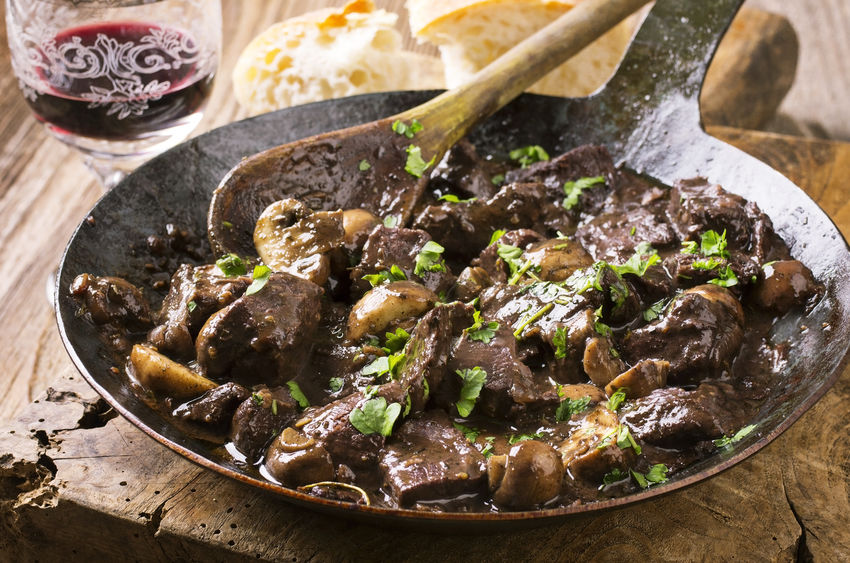
After you hunt you might have meat that you need to store. What are some tips for storing hunting meat?
Blood Draining
When you get a whole skinned carcass home, hang it upside down to allow remaining blood to drain. Drape a clean cotton sheet over the carcass. This sheet keeps the meat clean but also allows air to move across it (and lets heat escape).
Boned Out Meat
Boned out meat should be stored in a clean and uncontaminated container. When you rinse meat, use clean and potable water in order to remove any dirt, hair, etc. To dry the meat, pat it with a clean cotton sheet.
Hanging Meat
Hanging meat should be in a place where the temperature is between freezing and 40 degrees. Obviously, wherever it is stored should be clean and dry. It should also be odor free and well-ventilated. Oftentimes, hunters hang meat in garages.
Aging Meat
When you want to tenderize wild game, allow the meat to age for at least three or four days.
Freezing Meat
If you’re going to store your meat in a freezer, air is your enemy! You will want to keep air out in order to keep your meat fresh and long-lasting– use vacuum-seal packaging to accomplish this. If you want to do it cheaper, wrap your meat in clear plastic wrap and then rewrap it in freezer paper– tape it shut with freezer wrap tape.
Storing Meat
When storing meat from a hunt, write the cut, species and date on the outside of the container/package/etc. Otherwise you might not be sure “how old it is” or “what kind of meat it is.” Make sure your freezer is at zero degrees so the meat properly freezes.
Ideally, wrapped meat should be used within one year and vacuum-sealed meat should be used within two years.
Want to hunt big game in PA so you can get some animals for their meat? Call Tioga Ranch at 570-835-5341 to ask about hunting opportunities.
